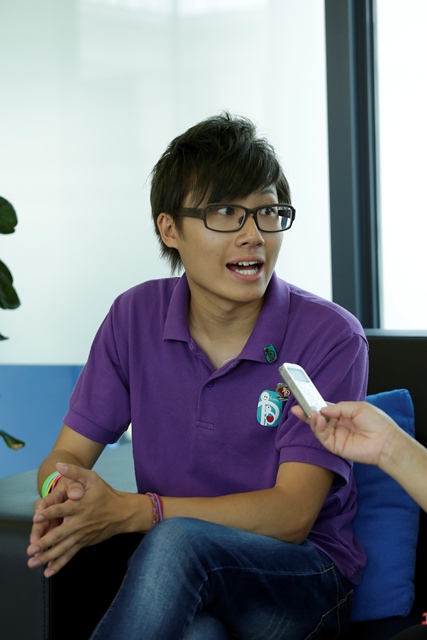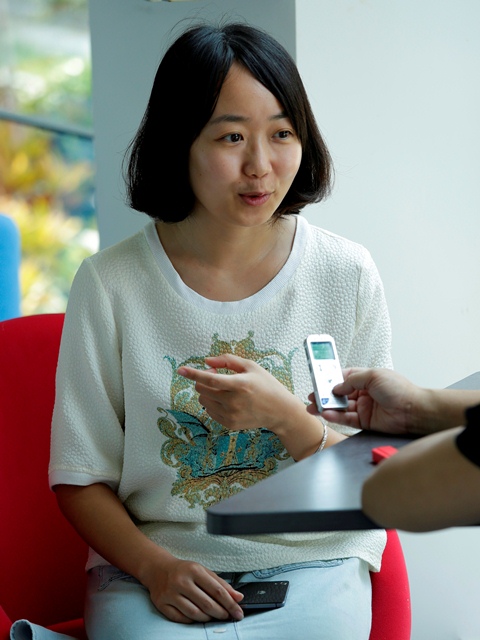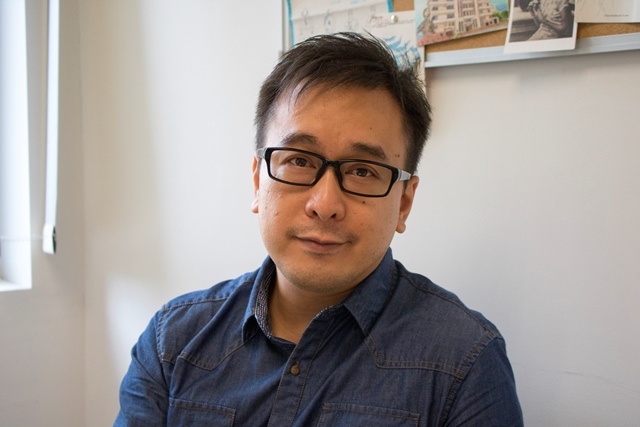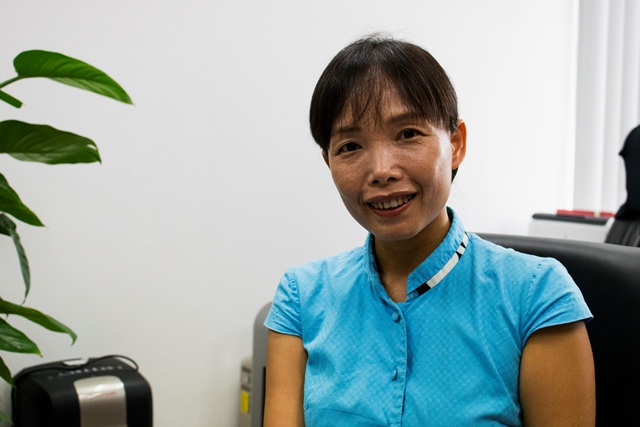Why is academic honesty important to university students? What do our students and faculty members think of plagiarism?
‘Plagiarism is like taking a house built by someone else as your own without permission,’ says Tou Cheuk Kit, a fourth-year student from the Department of Psychology.‘Such a behaviour is unacceptable because it shows complete disrespect for the fruit of other people’s work.’ As for whether those who commit plagiarism should be punished by expulsion, he thinks that the university should have clear written rules and should handle the offence on a case-by-case basis.
Irene Jiao, a postgraduate student of international relations, believes that a lack of awareness of academic honesty and intellectual property rights is the main reason why some students nowadays commit plagiarism. She suggests that the university should educate students on the importance of academic honesty, inform them of the serious consequences of plagiarism, and give offenders a second chance to reform.
Lei Chin Pang, a senior instructor from the Department of Communication, Faculty of Social Sciences, thinks that stealing other people’s academic works is a professionally unethical behaviour, which in some cases can cause serious harm to the public interest. ‘Take academic research reports in the fields of architecture and medicine for example,’ Lei says. ‘A paper based on unproven conclusions or theories plagiarised from another paper can end up costing human lives.’ For this reason, Lei believes that expulsion is an appropriate punishment for serious cases of plagiarism, noting that it is also the practice in Europe and the United States.
Maggie Fu, acting dean of the Graduate School, has many years of experience in supervising postgraduate students. Fu says that new undergraduates are usually not aware of the importance of academic honesty or the relevant rules, so the university released the Rules on Handling Student Academic Dishonesty at the end of 2011 to explain the main concepts related to academic honesty as well as how violations of the rules are handled.
‘As teachers, we should familiarise students with these rules, and provide guidance when needed,’ she says. ‘Actually, an obvious change in writing style and a report based on the professional plagiarism detection tool TURNITIN could give the teacher a preliminary evaluation of the originality of the student’s work. A TURNITIN report even provides a detailed analysis of the differences between a student’s thesis and the sources. We will remind the students concerned to pay attention to the issue of plagiarism and help them improve. For serious cases, we usually hand them over to the programme coordinator, department head, or faculty dean concerned in accordance with the Rules on Handling Student Academic Dishonesty. Very serious cases will be sent to the Student Disciplinary Committee.’ She adds that to ensure effective implementation of the Rules on Handling Student Academic Dishonesty, in 2012 the university started requiring all postgraduate supervisors and examination committee members to check theses submitted by the students using the designated plagiarism detection software before proceeding with an examination. ‘In 2013, the university started offering related courses for new PhD students to enhance their awareness and knowledge of academic honesty,’ she says.
Earlier, a PhD student at UM was expelled because of a serious act of plagiarism, which brings to mind an oftrepeated saying, ‘You reap what you sow.’ Sow confidence, honesty, and hard work, and you will reap a thesis that will make you smile and proud when you graduate.




